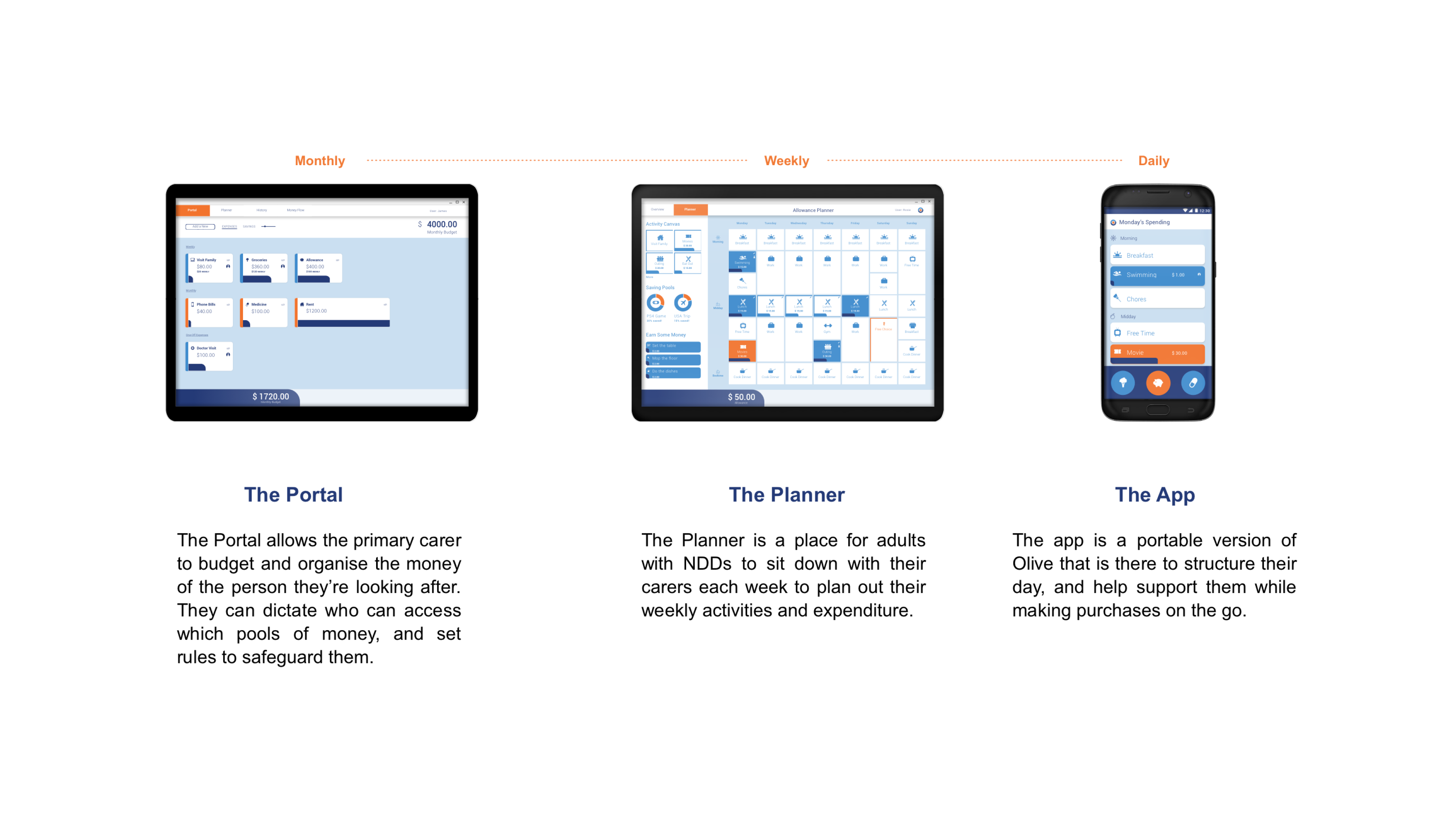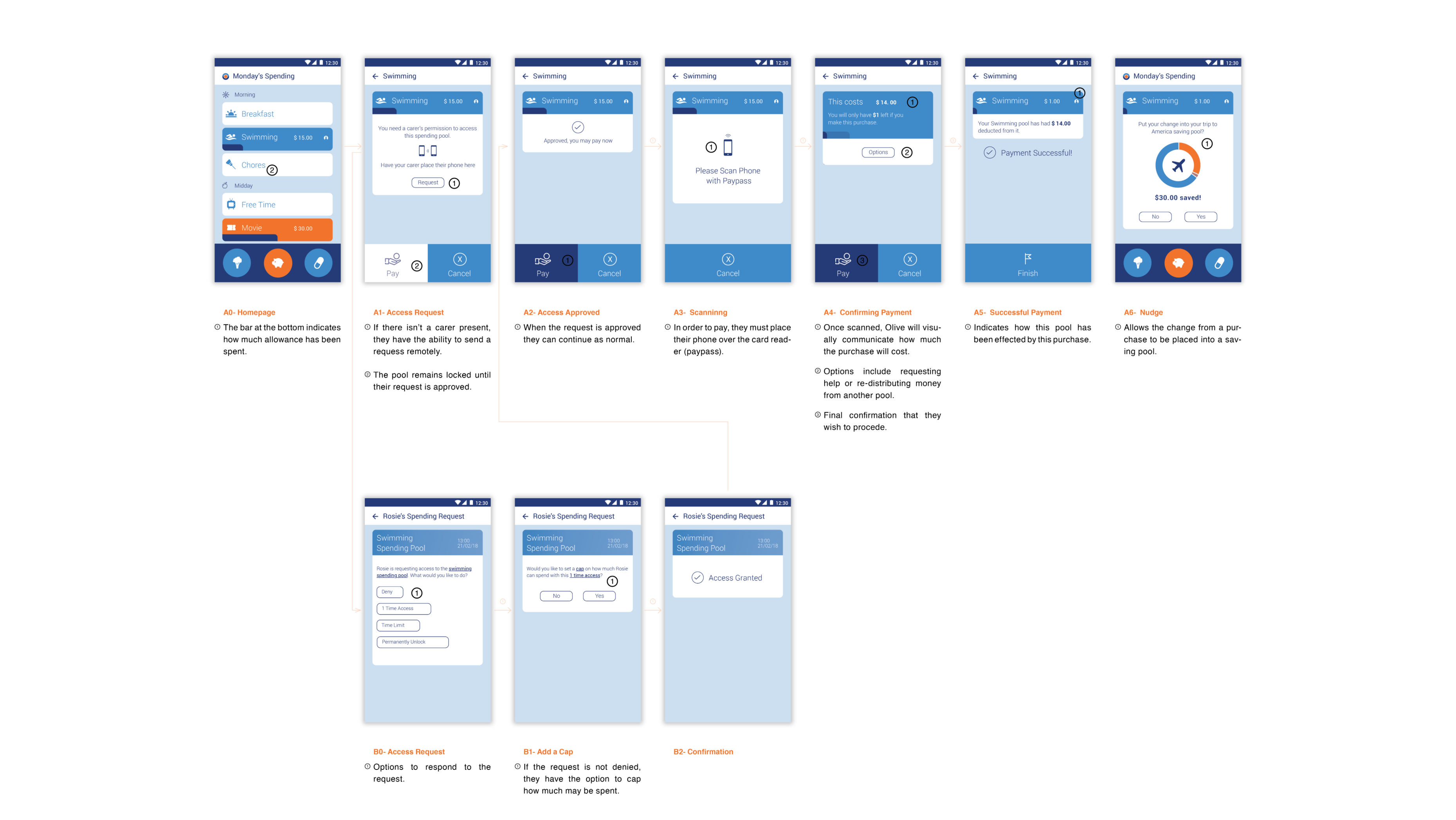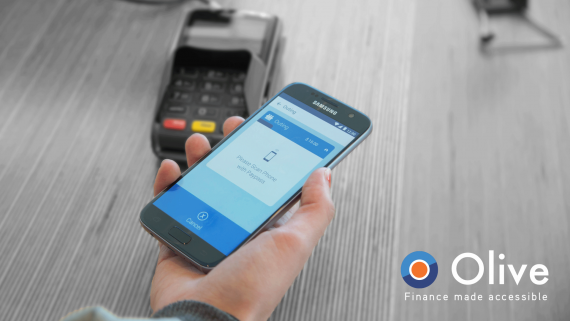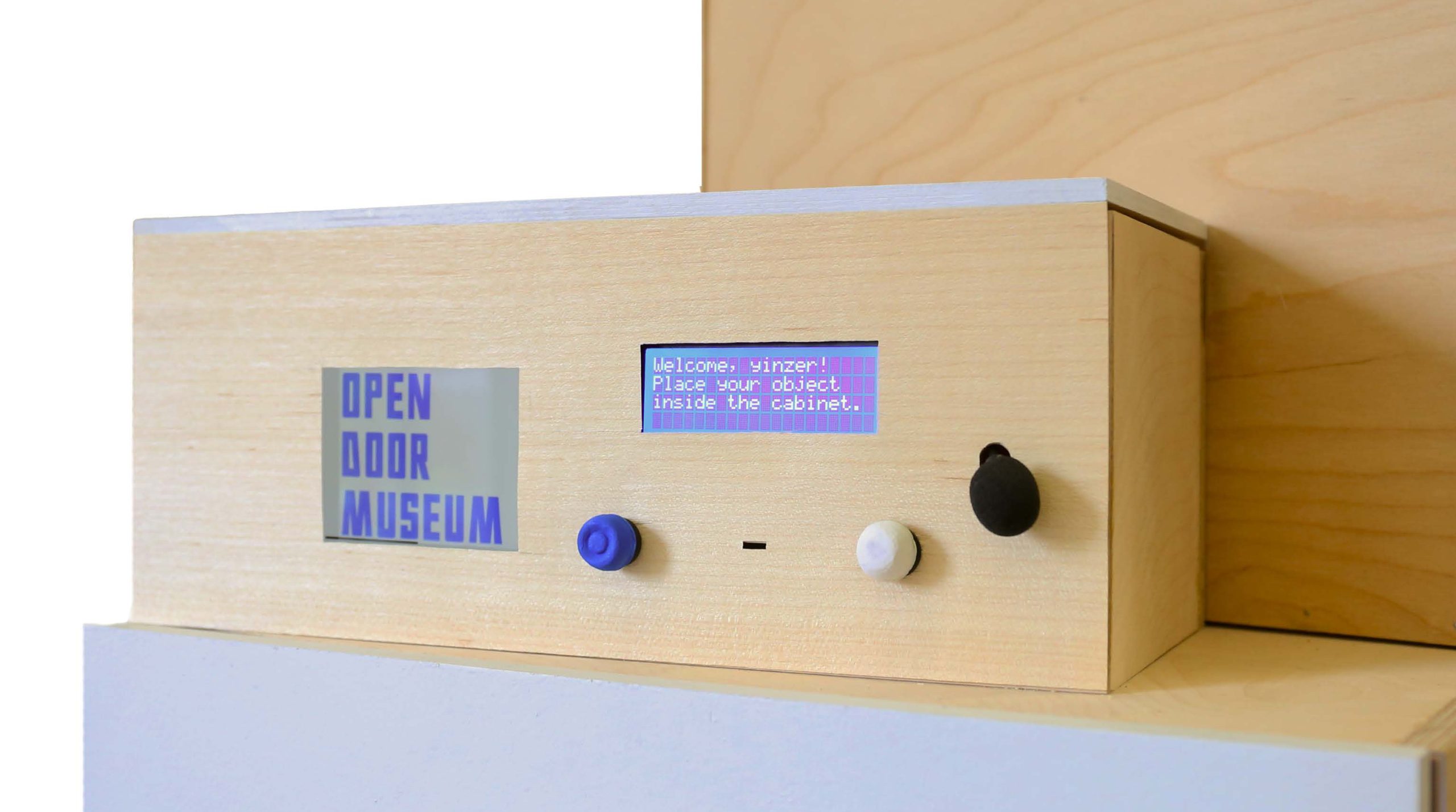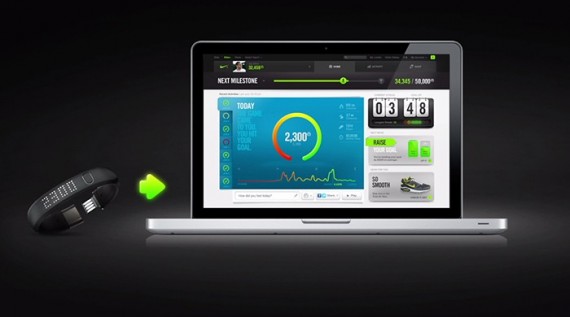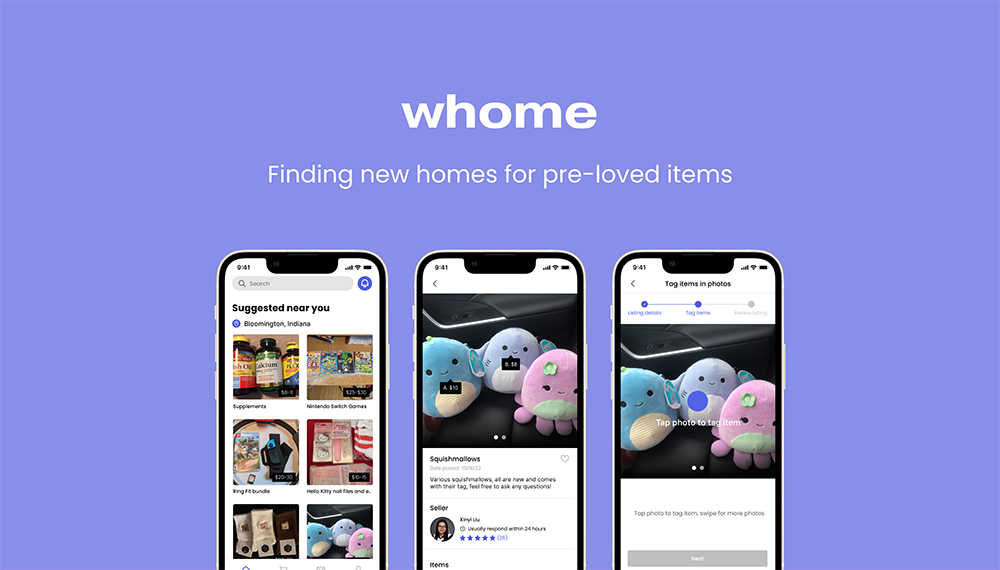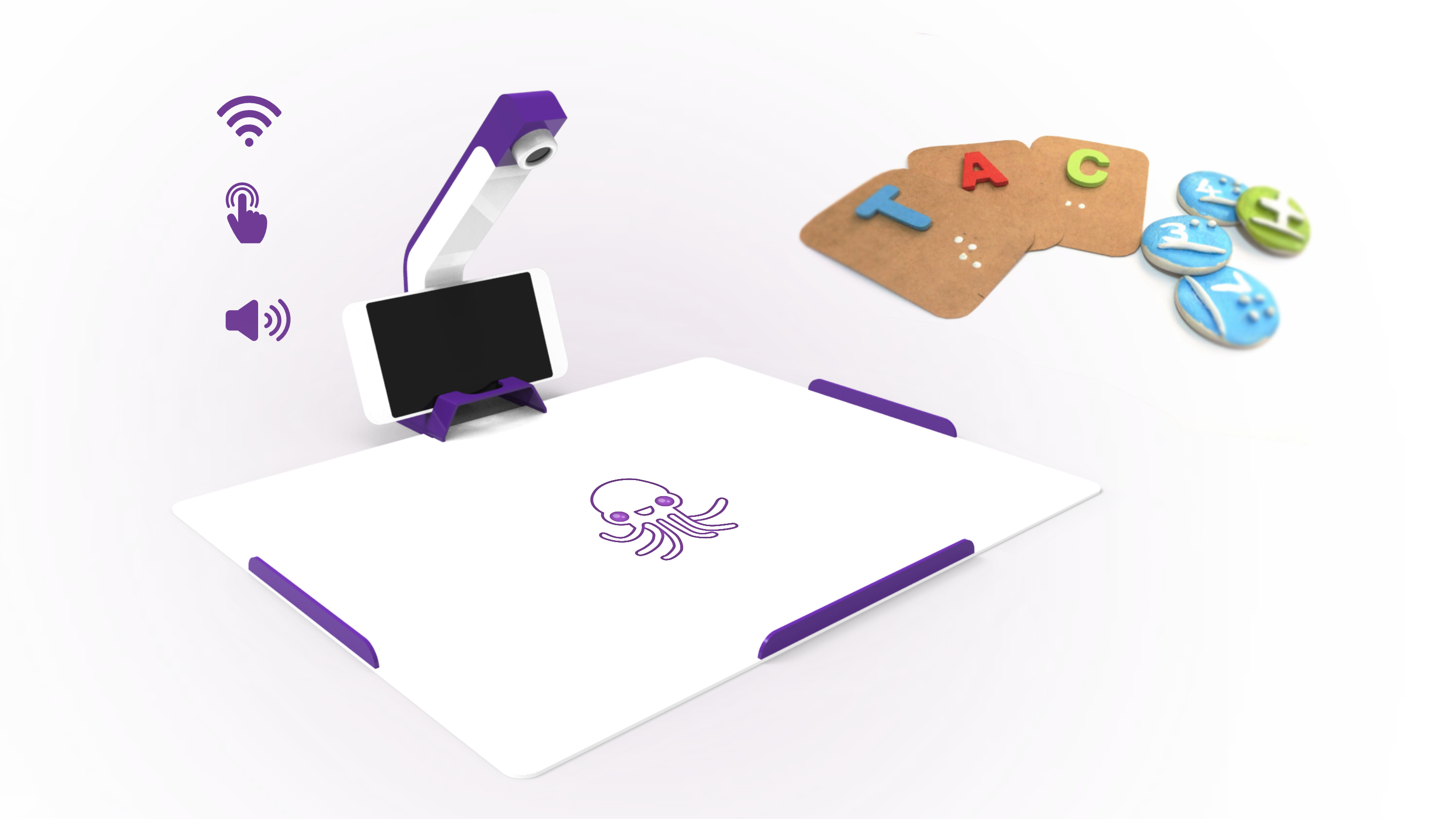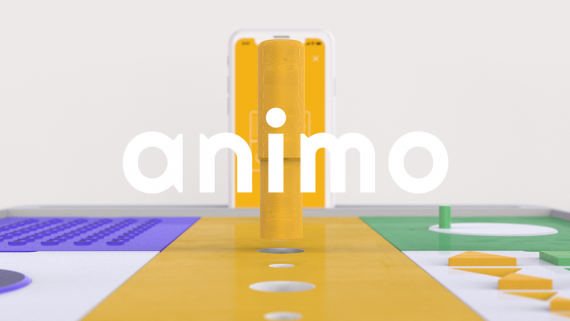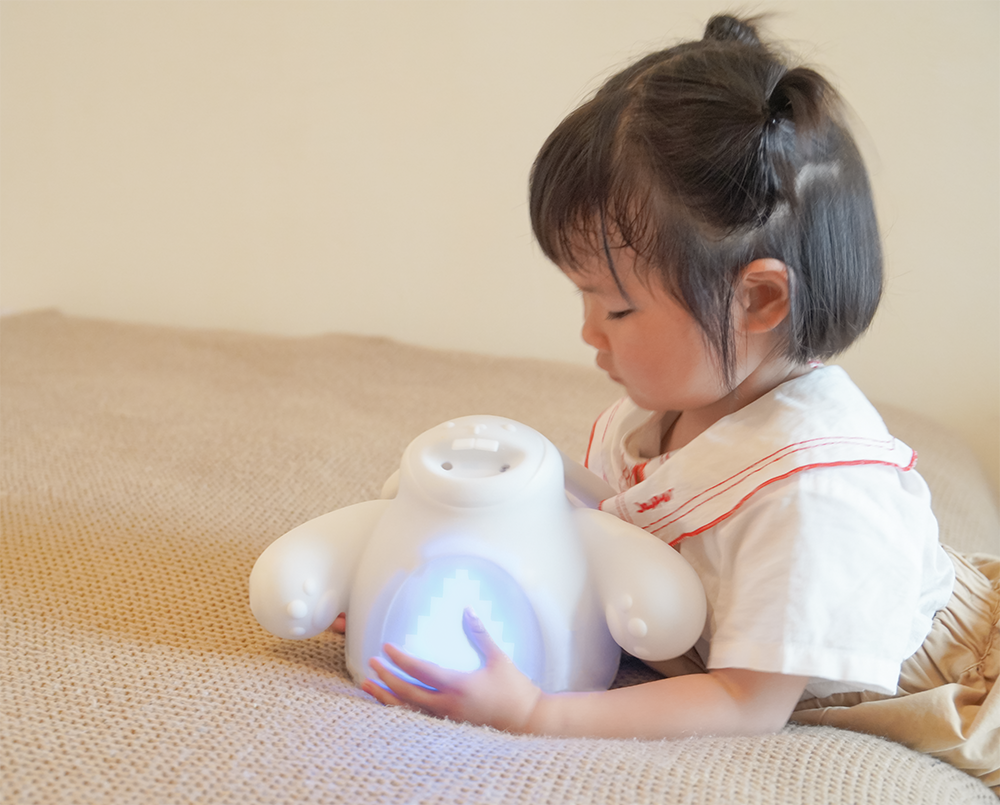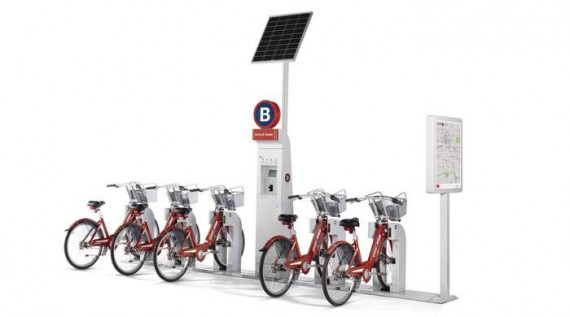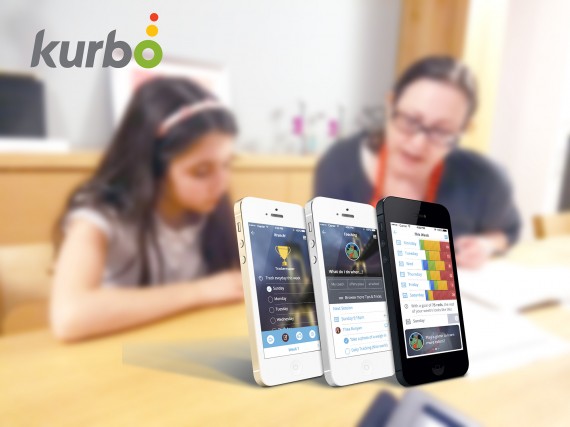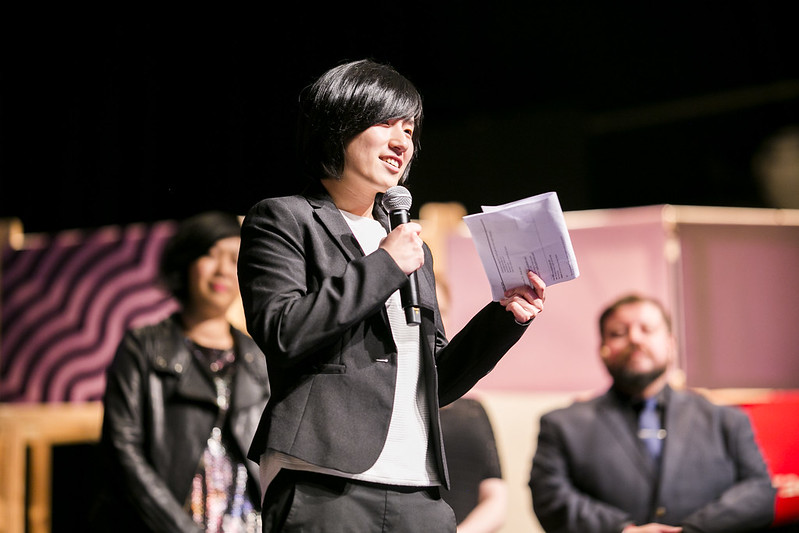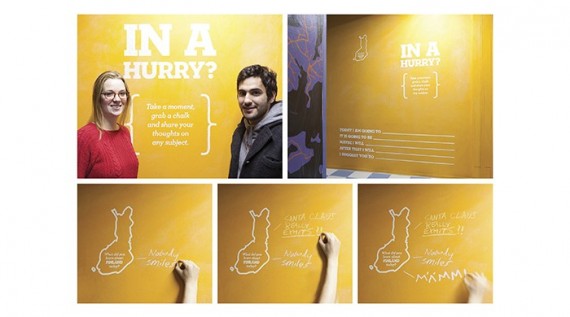Olive, Finance made accessible
Team
Company | Institution
Category
Type
Project description
Money isn’t a number, it’s the way through which we express our liberty as an individual. Thus, it comes as no surprise then, that there is an indisputable link between mental health and financial literacy. Yet less than 50% of adults living with autism in the UK have any control over how their money is managed. But why is this so?
INTRO
Money isn’t a number, it’s the way through which we express our liberty as an individual. Thus, it comes as no surprise then, that there is an indisputable link between mental health and financial literacy. Yet less than 50% of adults living with autism in the UK have any control over how their money is managed. But why is this so?
People living with Neurodevelopmental disorders (NDD) such as autism have trouble understanding numbers and abstract concepts such as value. This leaves them at odds with banks, who have long ignored their different abilities. As a result, they have been left without any financial products they can understand, disabling them, and stripping them of any hopes of becoming financially independent.
Olive is unlike any financial system that exists today. Rather than focusing on arbitrary numbers, she presents an inclusive platform that focuses on helping people living with NDDs voice their needs and goals. This is supported by a suite of products that aim at helping them with the support of their family in achieving this vision.
PROCESS
People with NDD like to communicate their feelings and thoughts in different ways to neurotypical people. However, many of our current design methodologies have been made for “normal people”, which rendered them imperfect when I attempted to integrate them into my process. As a result, a large portion of my work involved developing new methods. One of these methods involved long-term prototyping.
Long-term prototyping, unlike many of the traditionally used human-centred design methods, doesn’t require users to be vocal about their thoughts. Rather, by observation and engagement, one can measure the behavioural change and systematic impact that introducing these prototypes have on their lives over a period-of-time. In this way, I could deduce what was having a positive or negative impact, enabling me to tweak the prototype over time. In total, I had three key low-fi prototypes, each of which was tested for periods ranging from three to four months.
RESULT
One of the primary results of this work was a comprehensive framework that can be used as a skeleton to build inclusive financial systems off of. The framework reflects an understanding that the meaning value has is determined by the context and the time frame in which it’s interacted with. It was using this framework that Olive’s three products were developed.
The products themselves reflect an understanding that everyone has different needs and abilities. Olive allows for this by enabling carers to place rules ( limits, permissions) over certain categories of money (groceries, rent, etc). In this way, Olive can adapt to the decision making abilities of the user.
IMPACT
The impact that Olive has had is amazing. The prototype of the budget planner is still used to this day used by the family that was testing it. On the market side, Olive has been working with some major banks who are interested in transforming their products, and soon, she’ll be releasing a toolkit to help support banks in this process.
INTRO
Money isn’t a number, it’s the way through which we express our liberty as an individual. Thus, it comes as no surprise then, that there is an indisputable link between mental health and financial literacy. Yet less than 50% of adults living with autism in the UK have any control over how their money is managed. But why is this so?
People living with Neurodevelopmental disorders (NDD) such as autism have trouble understanding numbers and abstract concepts such as value. This leaves them at odds with banks, who have long ignored their different abilities. As a result, they have been left without any financial products they can understand, disabling them, and stripping them of any hopes of becoming financially independent.
Olive is unlike any financial system that exists today. Rather than focusing on arbitrary numbers, she presents an inclusive platform that focuses on helping people living with NDDs voice their needs and goals. This is supported by a suite of products that aim at helping them with the support of their family in achieving this vision.
PROCESS
People with NDD like to communicate their feelings and thoughts in different ways to neurotypical people. However, many of our current design methodologies have been made for “normal people”, which rendered them imperfect when I attempted to integrate them into my process. As a result, a large portion of my work involved developing new methods. One of these methods involved long-term prototyping.
Long-term prototyping, unlike many of the traditionally used human-centred design methods, doesn’t require users to be vocal about their thoughts. Rather, by observation and engagement, one can measure the behavioural change and systematic impact that introducing these prototypes have on their lives over a period-of-time. In this way, I could deduce what was having a positive or negative impact, enabling me to tweak the prototype over time. In total, I had three key low-fi prototypes, each of which was tested for periods ranging from three to four months.
RESULT
One of the primary results of this work was a comprehensive framework that can be used as a skeleton to build inclusive financial systems off of. The framework reflects an understanding that the meaning value has is determined by the context and the time frame in which it’s interacted with. It was using this framework that Olive’s three products were developed.
The products themselves reflect an understanding that everyone has different needs and abilities. Olive allows for this by enabling carers to place rules ( limits, permissions) over certain categories of money (groceries, rent, etc). In this way, Olive can adapt to the decision making abilities of the user.
IMPACT
The impact that Olive has had is amazing. The prototype of the budget planner is still used to this day used by the family that was testing it. On the market side, Olive has been working with some major banks who are interested in transforming their products, and soon, she’ll be releasing a toolkit to help support banks in this process.

